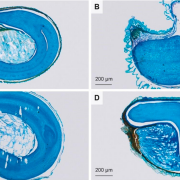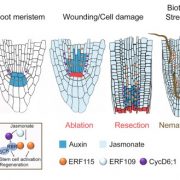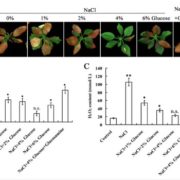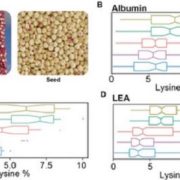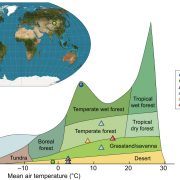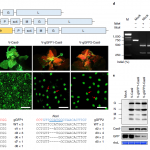Burning grasses, poor seeds: Post-fire reproduction of early-flowering Neotropical savanna grasses produces low-quality seeds (Plant Ecol.) ($)
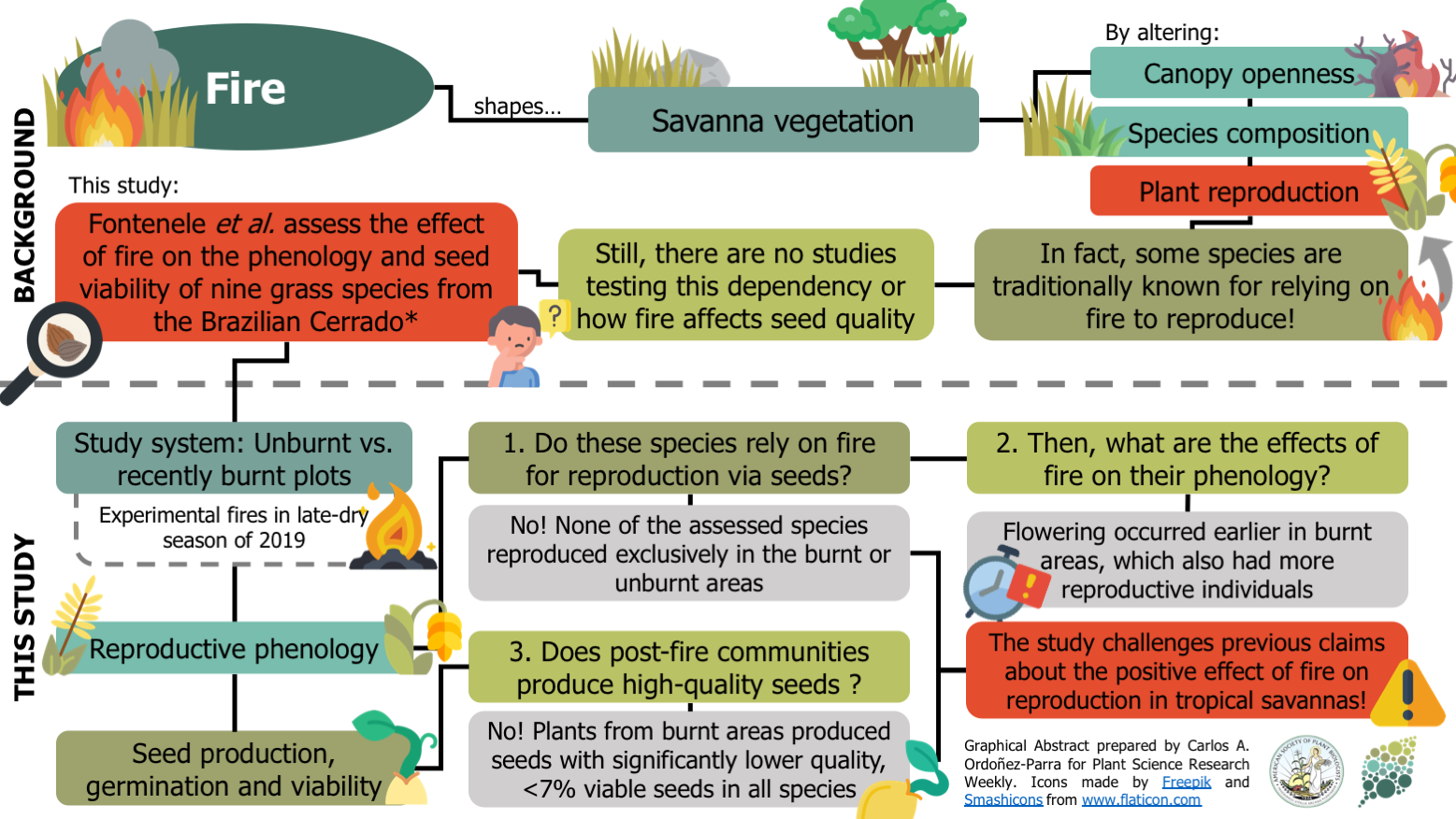
Fire is a disturbance that underpins several ecological processes in tropical savannas. For instance, some plant species from these ecosystems are traditionally known for relying on fires to reproduce. However, this dependency remains to be formally tested. Also, the impact of fire on seed quality has not been assessed, limiting our understanding of plant reproductive success after wildfires. Here, Fontenele and colleagues evaluate the effects of fire on the reproductive phenology and seed viability of nine grass species from the Brazilian Cerrado. Although none of the species reproduced exclusively in either burn or unburnt sites, areas submitted to experimental fires had more reproductive individuals and flowered sooner. As a result, the authors discuss that fire is not totally necessary for plant reproduction but can stimulate it. Still, grasses from burnt areas produced seed sets with significantly lower quality, with none of them making more than 7% of viable seeds. Given this, the study challenges previous claims about the positive relationship between fire and plant reproduction in Neotropical savannas. (Summary by Carlos A. Ordóñez-Parra @caordonezparra) Plant Ecol. 10.1007/s11258-020-01080-7


